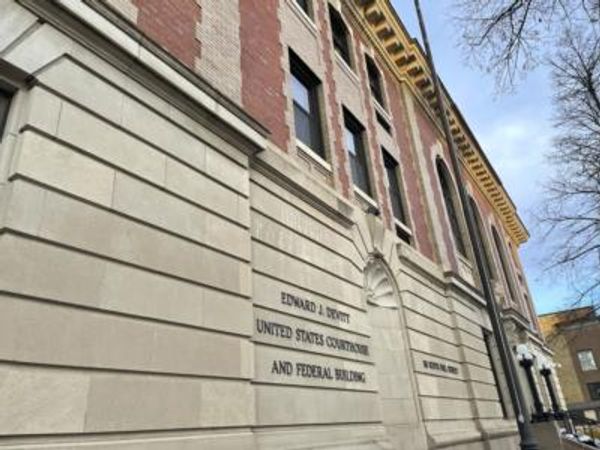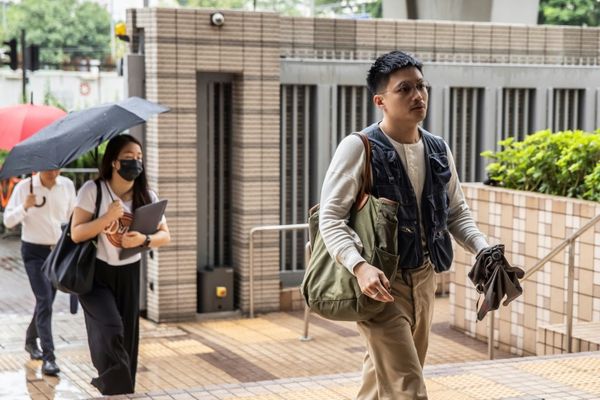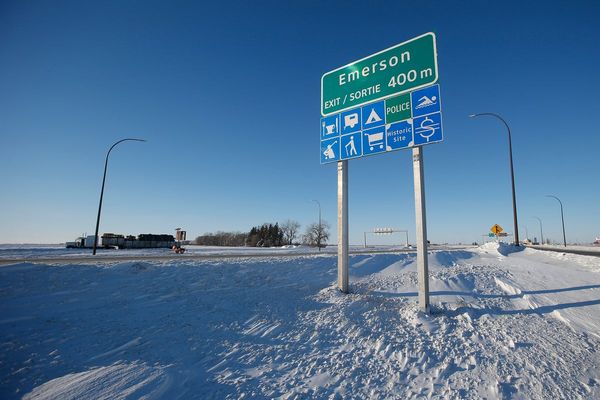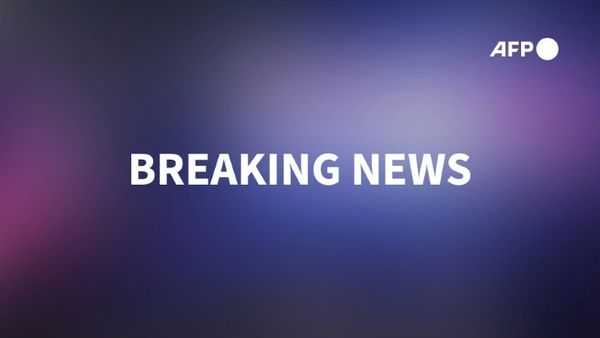
Palestinian Australians say the loss of internet communication in Gaza has left them feeling anxious and powerless as they lose the ability to check on family and friends while Israel steps up its aerial attacks.
The Palestinian telecom provider Paltel said on Friday night there had been a “complete disruption” of the remaining internet, cellular and landline services for the 2.3 million residents in Gaza.
A Palestinian Australian based in Canberra, who requested to remain anonymous, said it had been 22 hours since he last heard from his cousins, uncles and aunts who have chosen to stay put in their home in Gaza City.
“We would communicate with them once every 36 hours or so,” he said. “The calls had been becoming increasingly awkward because the primary substance of the call is to check whether they’re still alive – they know and understand that.”
The calls had also allowed him to provide his family members in Gaza with information on what’s happening in the war.
“They have no electricity, they have no radio, they have no television,” he said. “They barely have enough internet.
“For the vast majority of the time they do not know what’s going on other than hearing bombardment everywhere, and seeing houses around them being destroyed.”
He said every Palestinian Australian would be reeling at the loss of contact with their friends and family.
“Every single Palestinian that I know has directly or indirectly relatives in the Gaza Strip,” he said.
“These borders between us and them, this is a new phenomena – we have always been one community.”
Amin Abbas, founder of the Australian foundation for Palestinian children Olive Kids, said his organisation sponsors 400 children in Gaza and had been communicating with partners in the region since the war began via WhatsApp, messages and calls – but now that was impossible.
“Gaza hardly had anything left but at least we were working very hard to organise aid like food packages and blankets from whatever is available to the impoverished families, the ones that are displaced,” Abbas, who lives in Melbourne, said.
“Our work is totally crippled now.”
He said for those in Gaza, communicating with people outside the territory was a “window to the world”.
“We’re here [in Australia] helpless and angry and we don’t know what to do.”
Amal Naser, a law student and Palestinian organiser based in Sydney, said the communications blackout would hamper accurate reporting on what is happening on the ground in Gaza and the number of people being killed.
“We as the international community won’t be able to see and comment on it,” Naser said.
The loss of contact came on the same day Australia abstained from casting a vote in a UN resolution calling for an immediate humanitarian truce in Gaza, arguing it was “incomplete” because it did not mention Hamas as the perpetrator of the 7 October attack.
Abbas said he was angry at Australia’s decision.
“We just want this bloodshed to stop and right now.”
Naser said Australia abstaining from the resolution was “absolutely ridiculous” and “just a part of Australia’s longstanding track record of not holding Israel to account”.
“[It] is essentially making Australia a fringe member of the international community, which is not supporting the international rules-based order.”
On Saturday, Alex Ryvchin, co-chief executive officer of the Executive Council of Australian Jewry, said Australia was correct to abstain, arguing the UN should be calling for Hamas to surrender and the immediate release of the 222 Israeli hostages.
“Hamas has used truces in the past to replenish its arsenal. Every effort must be made to avoid civilian casualties in the ensuing war but the delusion that peace for Palestinians and Israelis is possible while Hamas is in power have been dispelled,’ he said.
“Palestinians deserve peace and safety and I deeply hope that the complete destruction of Hamas can finally put Israelis and Palestinians on the path to mutual recognition and peace.”







